Personal Column: Being Black in Fairfax County
February 25, 2022
When I was in fourth grade, my class was given a project to introduce ourselves. The prompts were standard ice breaker questions, with the final question on the list being “Where were you born?” This wasn’t a difficult question—I was born in Addis Ababa, Ethiopia.
I didn’t realize it would be an issue until I presented. All of the questions I received from my classmates were about my home country.
“Do you guys ride lions around?”
“Did you live in a mud hut?”
“Did you even have to go to school?”
I moved to Virginia when I was less than one year old, but even I knew those were ridiculous questions. Ethiopia is just like America—it has cars, cities and schools. The questions didn’t seem mean-spirited, just ignorant; no fourth grader spends their time researching foreign countries.
Unfortunately, this wasn’t the only time I’ve been made uncomfortable because of my race. In sixth grade, I was told by another student that the reason I was so dark was because I was dirty. In seventh grade, I was told I was well-behaved for a black person. I’ve lost track of the number of times I’ve had students I don’t know attempt to touch my hair. Eventually, I stopped allowing people the excuse of ignorance. I started calling people out, and I don’t allow people to speak to me that way.
I’ve lived in Fairfax County for a majority of my life, the second most culturally diverse county in Virginia according to the 2020 Census. Students at our school are very accepting and willing to learn about other cultures. However, it is because of this comfort we take in our diversity that we forget we can all contribute to racism, even within our own communities. Playing into harmful stereotypes, making insensitive comments and even making racial jokes that might seem harmless can all contribute to racism.
Oftentimes I’ve ignored the prejudice I’ve faced because the others involved were also people of color. I didn’t want to accuse them of being racist when I’m sure they have, or will at some point, face racial discrimination themselves. According to the APA, children as young as 10 or 11 face racial discrimination from their peers, and while we are still further ahead than a lot of communities, we are satisfied with this label of inclusivity and choose to ignore the issues we have.
However, over the years, I’ve realized that keeping quiet helps no one; if they genuinely didn’t mean to be offensive, then they can learn and do better. We have to become more comfortable calling others out on their behaviors, so we can truly call ourselves progressive. There is no endpoint. We can’t just be diverse or inclusive enough—we have to strive to be anti-racist.


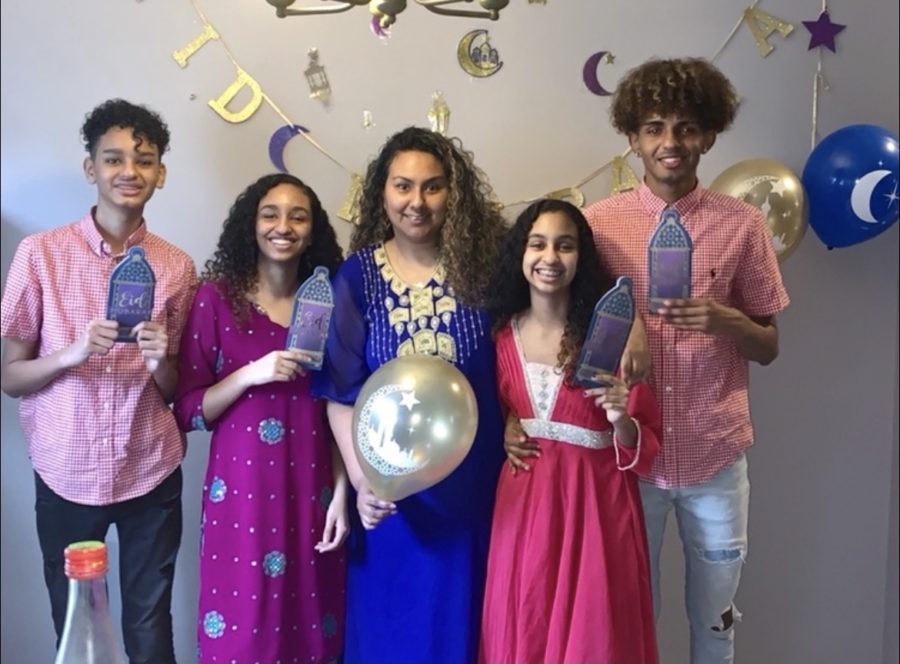
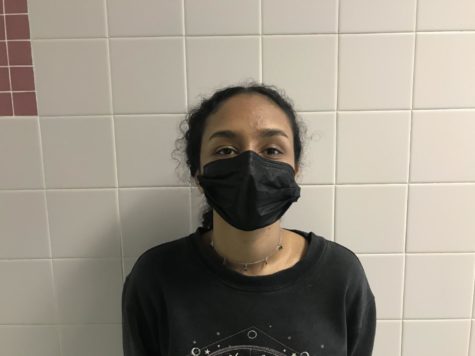
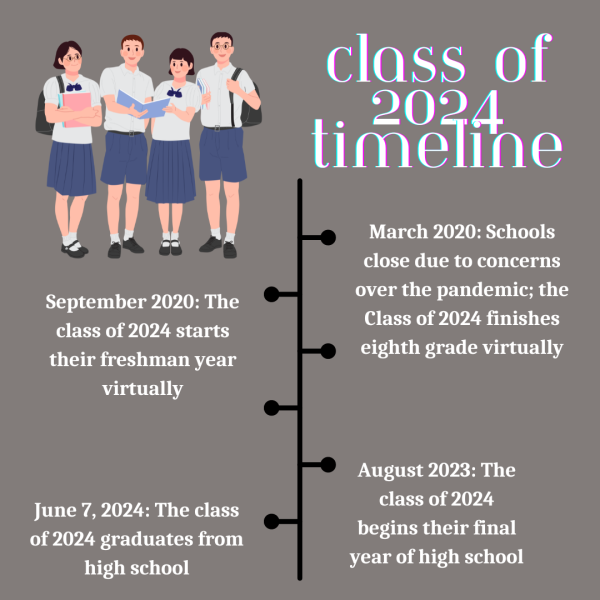
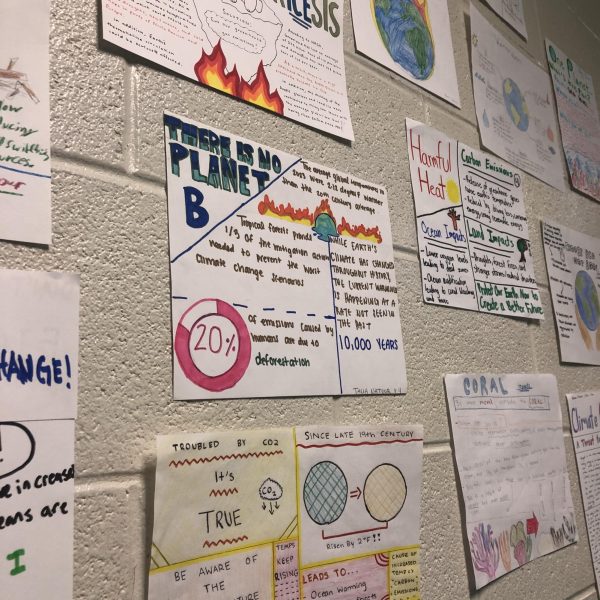
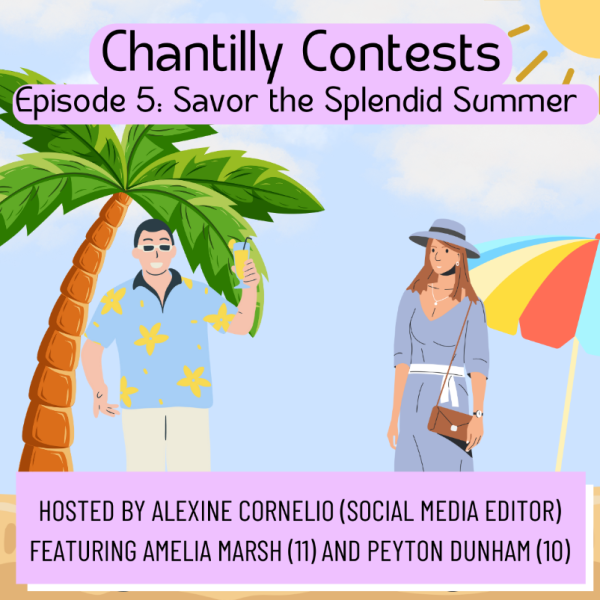
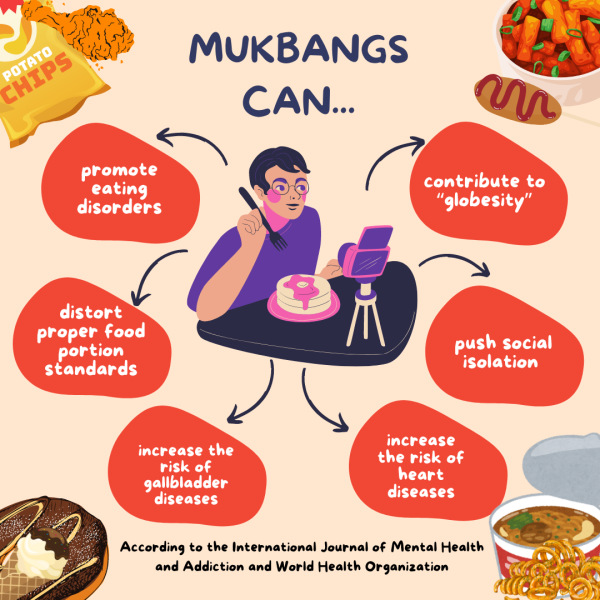
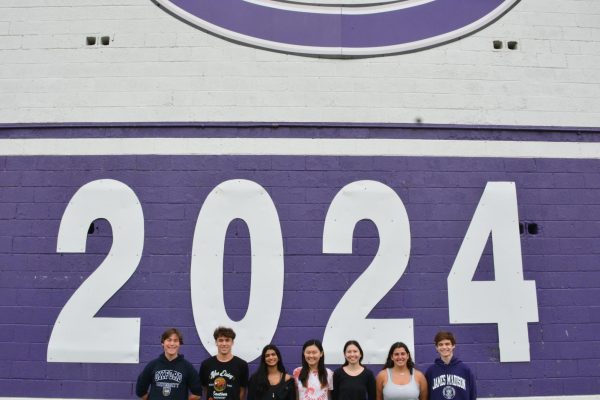
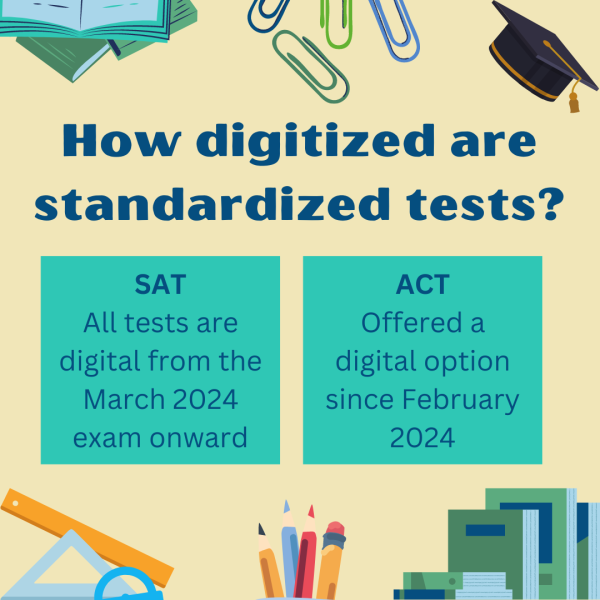

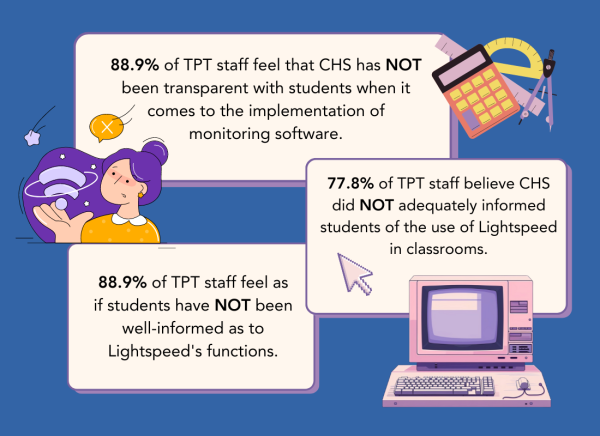
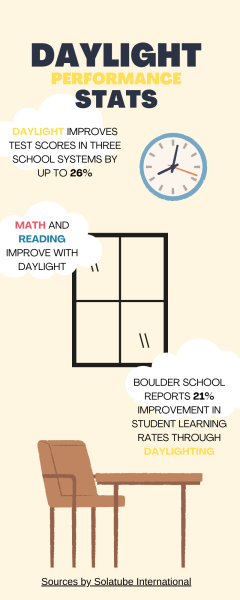
Paul • Aug 21, 2022 at 1:25 pm
I appreciate this article and you sharing your experiences. I my self being a minority who will be moving to Fairfax county next year have a lot of questions about the area. I am married and together we have 3 children who will be attending elementary and school. No place is perfect but we want to be sure that that are safe, treated fairly and have good experience.
TSmith • Aug 6, 2022 at 9:08 pm
I grew up in Fairfax county and fortunately at that time the racism was minimal from what I remember but this is just pure ignorance teaching your kids to be kind isn’t that hard